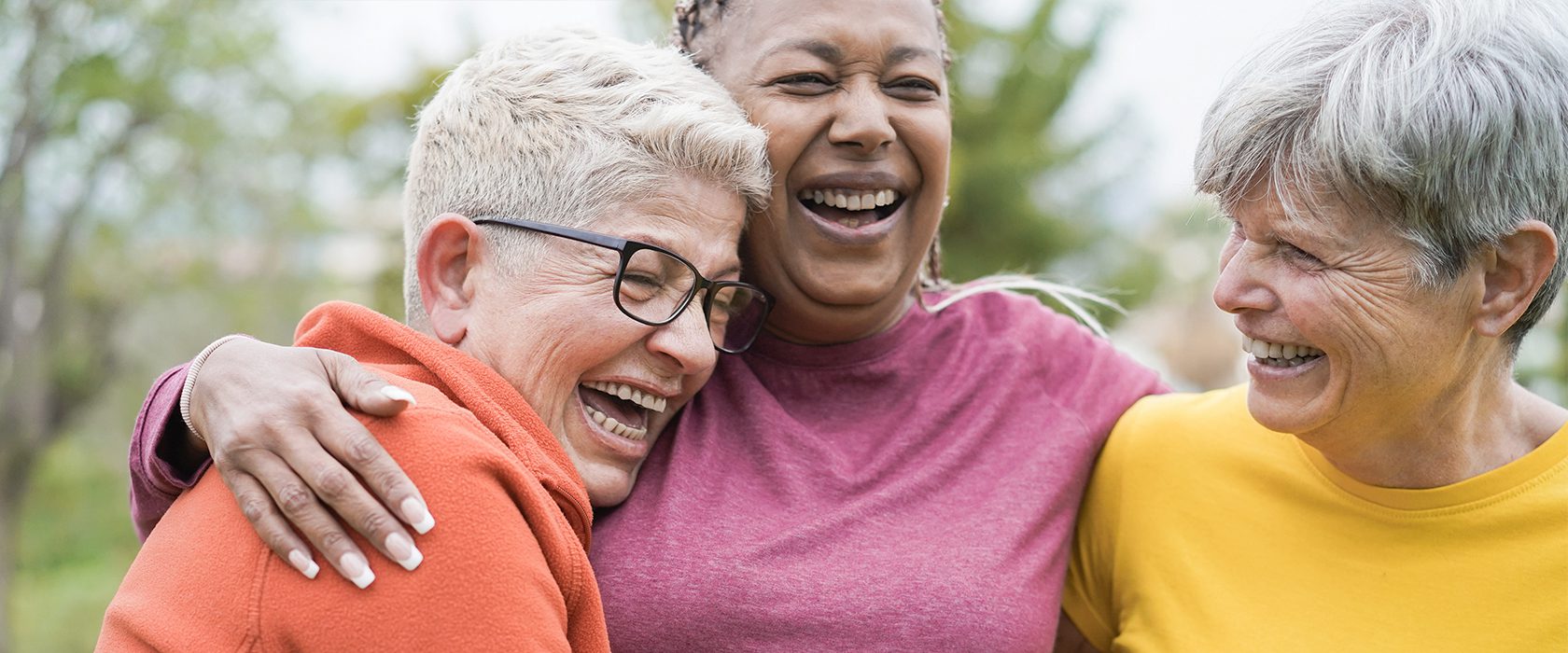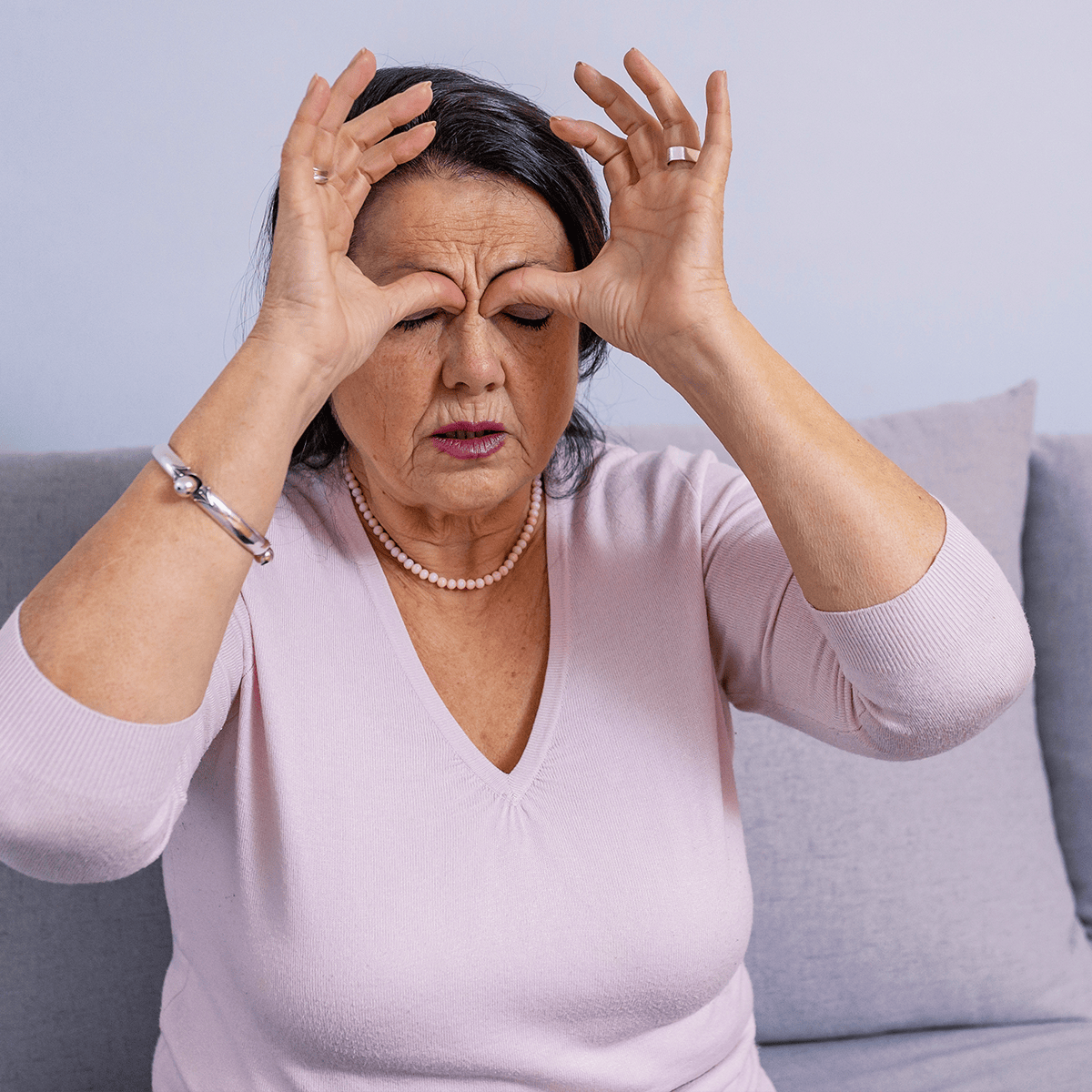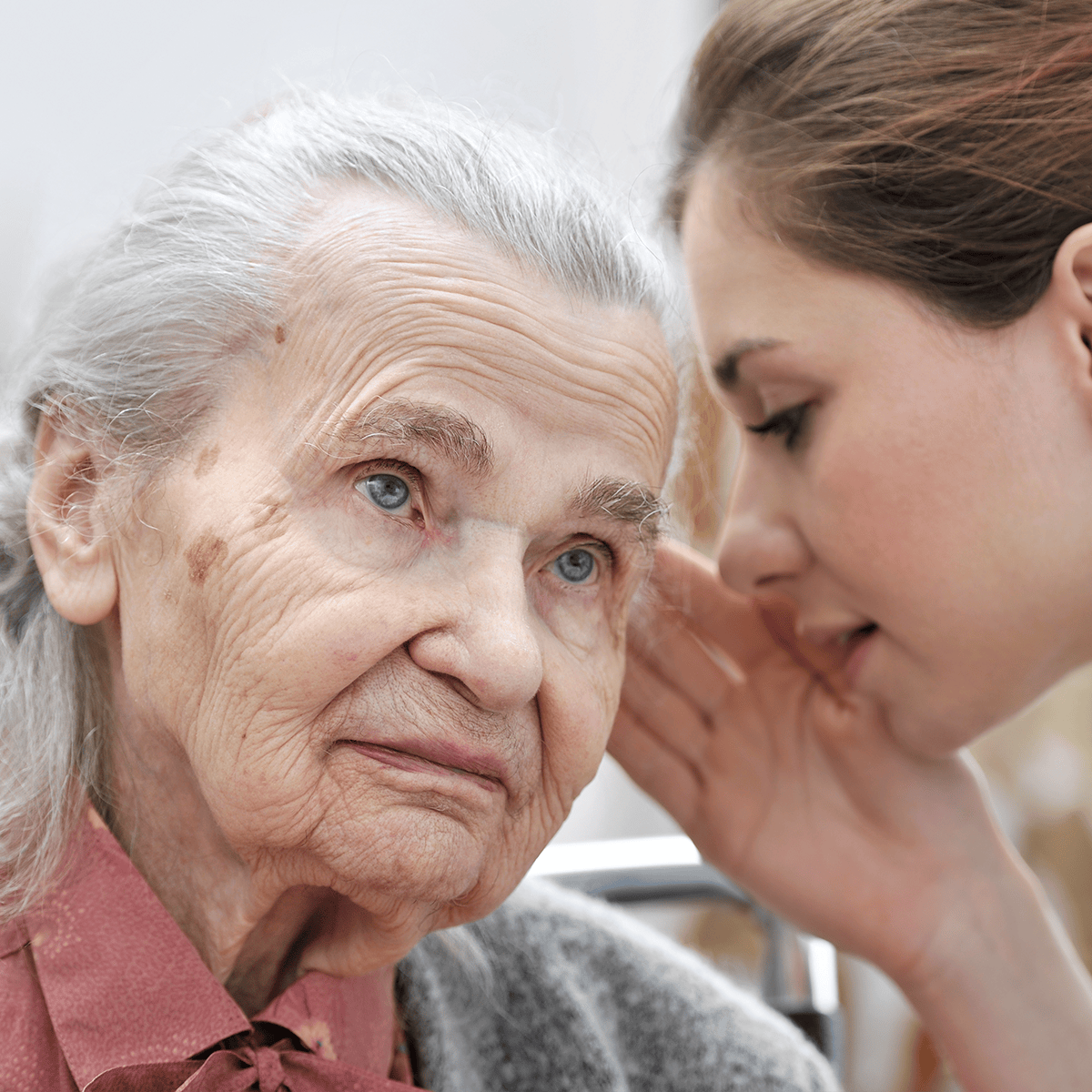Friendships Fuel Our Lives – Especially When We’re Seniors

“…but ya gotta have fre-eh-eh-ennnds…FRIENDS!”
Go ahead, sing that one out loud (or just hum it in your head; it’ll probably stick with you all day today). Great words from the classic Bette Midler.
Yes, friendship is a treasure in our lives. The people we love most, trust most, and depend upon to share joy with…and carry one another during difficult times. Friendships do so much more, too. As we get older, friendships play a pivotal role in our health, our outlook, and our ability to continue enjoying our lives, every day.
Take this moment to think about your friends, young or old, long standing or newly found, and reflect on what those friendships have done to improve your life, up to now and going forward. Then, discover the deeper value your friends bring to your daily life.
Friends are worth more than you may have thought
Whether you considered yourself a social butterfly with an extensive circle of friends or something more of an introvert who carefully chose only a few truly close friends, those relationships can be invaluable during your later years.
According to findings by Aetna Health, maintaining your friendships as you age has life-giving value during elderly years. While common effects of aging—changes in energy, eyesight, hearing, and so forth—can cause us to withdraw from social situations, this is when our friends can be of greatest benefit. Your true friends will understand your situations and, chances are, if they’re aging along with you, they could be experiencing many of the same things; nothing like having a sympathetic pal to discuss the changes, right?
Withdrawal from friendships, for whatever reason, can lead to isolation. The effects of that isolation and the anxiety that might accompany it, again according to Aetna’s research, can potentially lead to physical issues such as heart disease, elevated blood pressure, and stroke.
Read more on our recent blog about how isolation and loneliness can even affect our mental health. The interaction with people—even just one close friend—on a regular basis, can eliminate the loneliness and allow for a sharing of thoughts, fears and joys. Your friendships are an essential part of your overall daily health.
A friend in need (you know the rest)…
Of course, many live by the mantra, “when a friend asks for help, you help.” That can be especially true as we get older and, occasionally need a helping hand to get through any particular situation. Don’t underestimate the sheer value of your ability and willingness to help a friend of yours with even the simplest of tasks:
- Providing a ride for routine errands (groceries, prescriptions, and so on)
- Being a supportive companion during any sort of clinical appointment (doctor, dentist, etc.)
- Offering to help around the house to complete usual chores, especially if a friend is ill or unexpectedly incapacitated
- Sharing tips and tools you use in your daily life, like a new hearing aid, reading glasses, even the latest caption phone
- Spending time together to talk, laugh, or just enjoy quiet time together. Sometimes a friend just needs another friend nearby
Yes, you created the original social network
Friendships and support networks have been around long before any digital domain arrived on the scene. Before Facebook and Instagram, you were already well in command of your “friend circle.” You laughed, loved, cringed and cried, together.
What you likely learned in the course of your lifetime is that friendship is natural and can come from many places. Your fellow neighborhood mothers, a bingo group, an army buddy, or your church choir – wherever your life has taken you, there are people who stand out. Sure, some friends come and go (and sometimes they come back again), and that’s the excitement of our lives. The most beautiful aspect of friendships is that we never stop creating new ones, and our collection of compatriots is always changing, even as we age.
Now is the time to try something new
Staying social and putting ourselves into settings where we can meet new people (and not always just our own age) is vital to our…well…vitality. But is it difficult to make new friends later in life? Well, by you just being your best self is always a good start. Even so, there are a few steps you can take to help you find a good “friend match” during your golden years. Consider this short list offered by AARP:
- Points of commonality: Your easiest starting point is getting acquainted with and involved in groups that focus on something that interests you—maybe reading, stitchery, movies, dancing. When you engage with others who have even a single common interest as do you, you’re very likely to develop quick friendships.
- Listing your wants and needs: Take the time to list the qualities that have meant the most to you during past friendships. As important, consider qualities you’d like to experience in others that perhaps you haven’t yet experienced yourself. Living is growing and always being willing to go outside of your current comfort zone.
- Asking for assistance: While it might sound silly and even humbling to ask others for help in finding new friends, ask anyway. A new acquaintance might just be a link to yet another group of folks with whom you’d enjoy companionship and find a network of support and care. Never be afraid to ask because, someday, someone might ask you for the same.
Friendships energize us throughout our lives. Friends change but so do each of us. Look at what your friends provide to you and, as important, what you provide to them. They’re practically invaluable to your good health and good living and—guess what?—you’re likely just as valuable to them, too!




